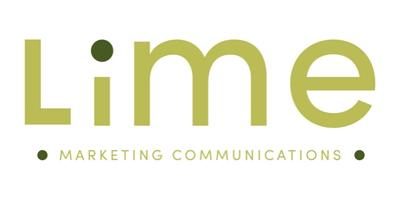
The online world is a minefield of acronyms, just as you think you’ve got your head around it all a new set appears. So, I have picked a few and kept this short, to avoid our brains imploding
5 Digital Acronyms to Remember Today
CTA

Stands for Call to Action
What is it? One of my favourites. When I worked in the global not-for-profit sector a CTA was my bread and butter in encouraging donations, membership or to persuade the public to take a certain course of action. Rather obviously, you would be doing the same for your business; encouraging your audience/potential customers to take action. In business terms it could be encouraging an action that leads to a sale or that prompts someone to join your database. For me, the important thing is a CTA gives your copy purpose. If you are writing social media copy or a newsletter try to think how you could incorporate a CTA to move your potential client in a certain direction. Well used examples include: subscribe; try for free, sign up etc. Try to think of something more interesting and creative.
CTR
*Not to be confused with CTA
Stands for Click Through Rate
What is it? It is an advertising metric (statistic) for measuring online performance. It is shown as a percentage and calculates the rate at which people click on your social media post, advert, email etc. It is important when you are trying to figure out what approach works best for attracting your target audience. You can compare the CTR by experimenting with different copy, images or messaging and measuring which gets the best response.
CMS
**Not to be confused with CTA or CTR
Stands for Content Management System
What is it? It is basically the term for the software that allows mere mortals like you and me to build websites without the need for complicated code. God bless ’em. So, examples of a CMS would be WordPress or Wix.

SEO
Stands for Search Engine Optimisation
What is it? It is to do with the way the web is searched. If you have a business selling Alpacas (I want that business BTW), and someone (ME!) is looking for an Alpaca they will plug some words into their browser and search results will pop up. If you have very effective SEO your business will be close to the top of the search results on the first page. So basically it is how you get people to find your business when they search online as opposed to someone else’s. It’s an organic process (not paid for) but takes quite a lot of skill to get right. A starting point for improving your SEO is to ensure your website is up to date and has lots of relevant images and regular fresh content.
SERP
Stands for Search Engine Results Page
What is it. It’s a search engine results page. Sorry, not funny. It’s what’s served up to you when you search something on the internet. It’s become very important in marketing terms and is clearly related to SEO as everyone is vying for the top spot on the SERP. Your website can get to the top of SERP by two means: organic, using SEO; or paid for. Which takes us neatly on to the next acronym.

PPC
Stands for Pay Per Click
What is it? This is paid for advertising, a way to bring more potential customers to your site and many businesses turn to this if organic reach is just not happening quickly enough for them. Google Ads is the most well known PPC advertising network. It’s a really complicated process but in simple terms advertisers bid for the use of certain keywords related to their website. Potential customers who then use those keywords to search product or services thought a web browser (like Chrome) will be directed to the website owning those keywords as it takes a prominent position on their search results pages. The advertiser only pay if someone actually clicks on their link.
You could be throwing away money if you are not sure what you are doing with PPC
Confused yet? Payments to do this can be as small as £1 per click or a whole lot more, depending largely on how much the advertiser has to spend and how much return they anticipate getting on that spend. It is run like an auction, so the advertisers are competing with each other as they bid on certain keywords. You can attempt PPC yourself but there is wisdom in employing an expert as you could be throwing away good money if you are not sure what you are doing.


2 thoughts on “5 digital acronyms you may not know”